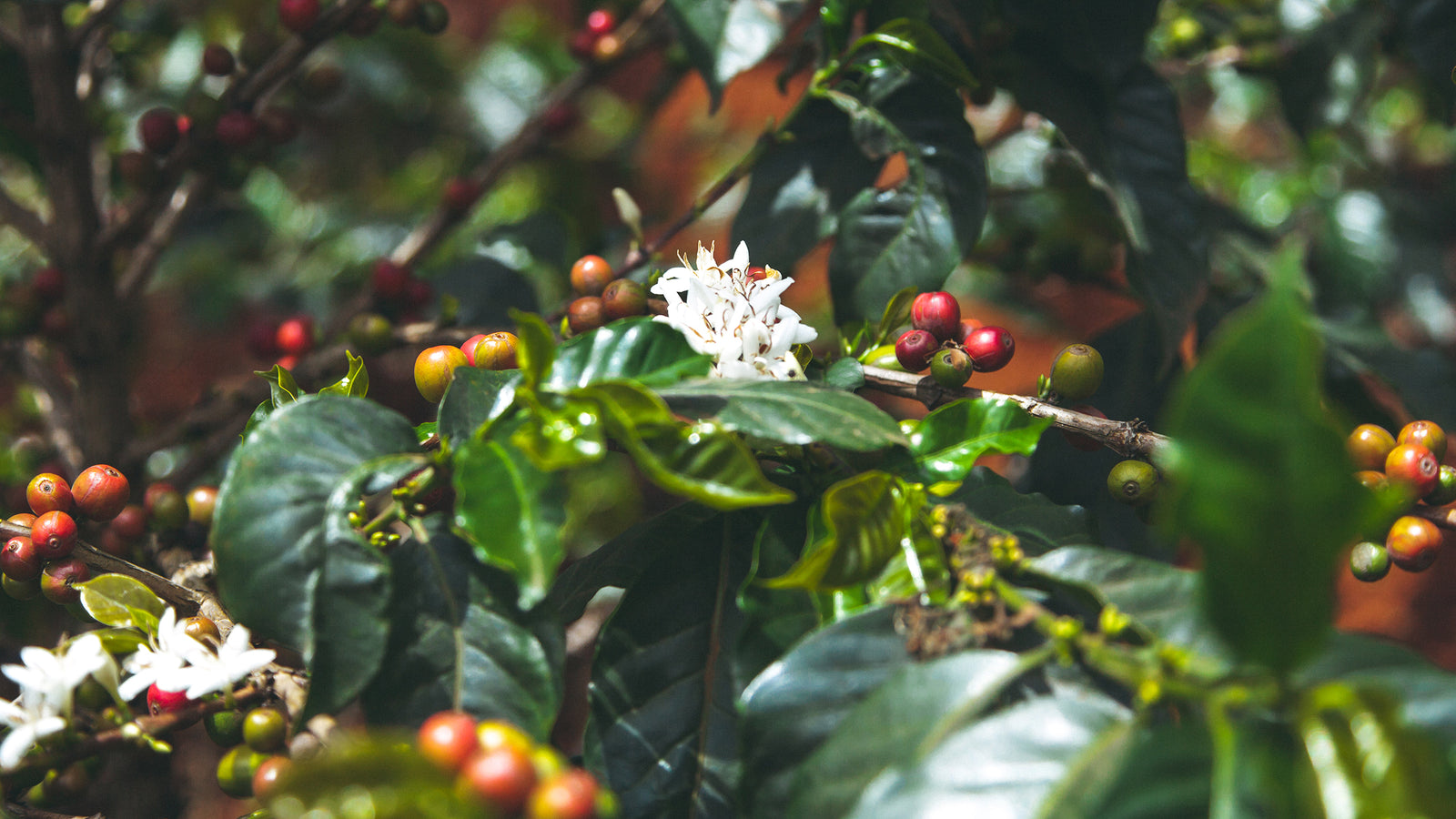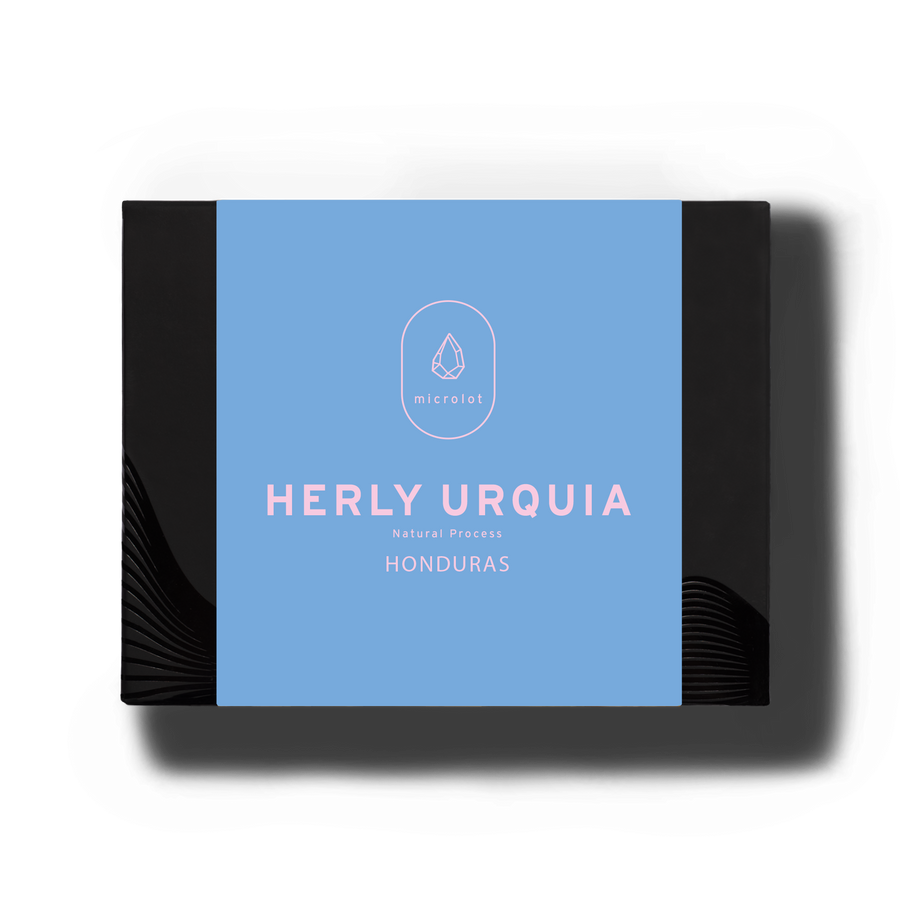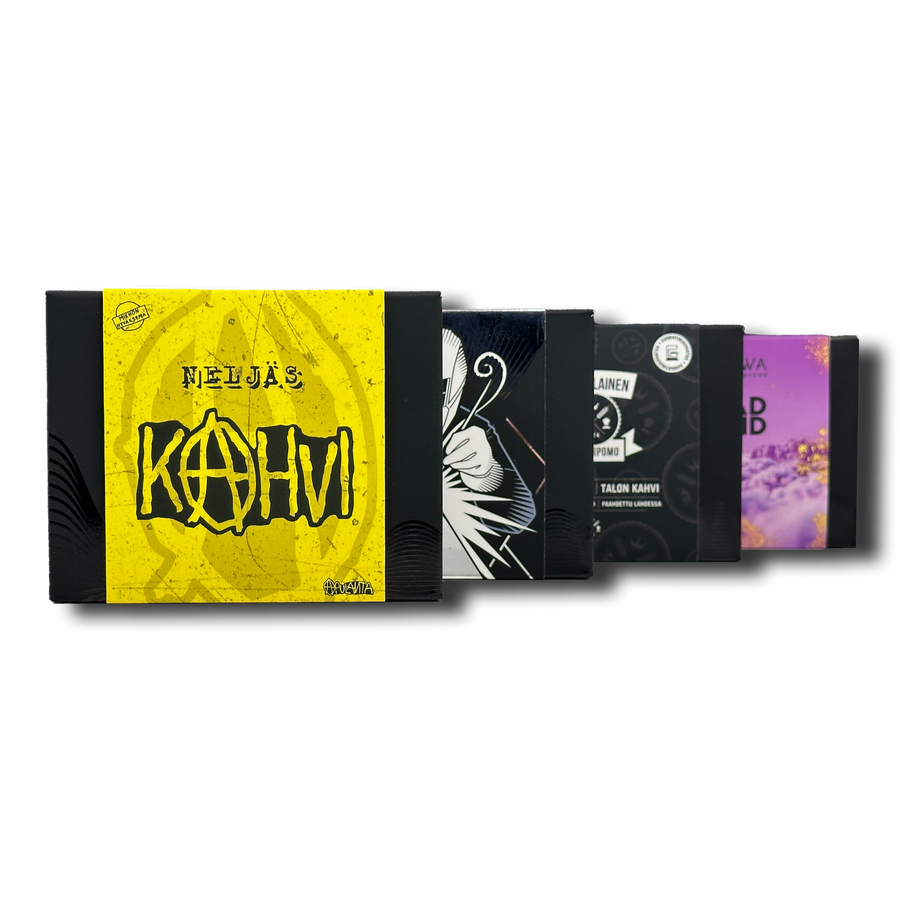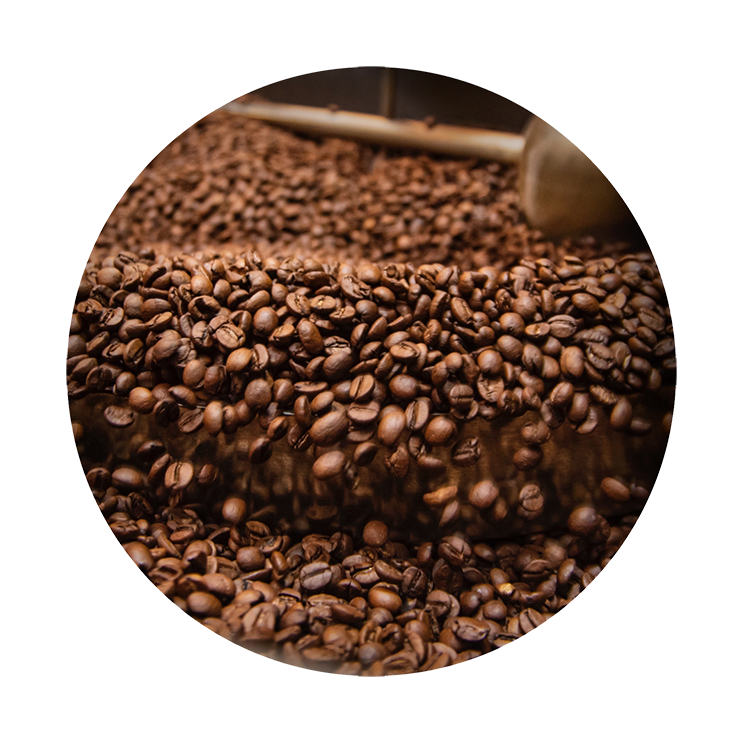What is Specialty Coffee?

According to the widely accepted definition, specialty coffee refers to coffee that has received over 80 flavor/quality points on a scale of 0-100 in the scoring system developed by the Specialty Coffee Association (SCA and SCAE). Only certified Q-graders, whose tasting expertise is honed to perfection and calibrated to meet SCA standards, can officially score coffees.
According to the scores obtained, coffees can be divided into the following categories:
90-100 points: outstanding
85-89,99 points: excellent
80-84,99 points: very good
less than 80 points: below specialty quality

Small roasters focus on quality
The majority of bulk coffee cultivated worldwide falls far below the set 80-point threshold for specialty coffee. In Finland, specialty coffees are primarily the focus of small-scale roasters, and their roasted coffees constitute only a minuscule portion of the country's total coffee consumption volume. Most of these small roaster coffees fall into the 'very good' and 'excellent' categories. Only the very best and tightly curated batches in the selections of even these small roasters are coffee scores above 90 points. 'Outstanding' category coffees are scarce, and their prices can reach exceptionally high levels, keeping their availability in check. These coffees gain the most visibility in coffee competitions within the industry.
Handpicking significantly influences the flavor profile of coffee
Specialty-grade coffee is achieved only when growing conditions are optimal for producing high-quality beans, and the principle of 'quality over quantity' guides the entire production process. A critical phase that strongly influences quality and flavor is the harvesting process. The best qualitative and flavor results are obtained through a multi-stage handpicking approach, where only healthy and perfectly ripe coffee cherries are selected from the coffee bushes, allowing other cherries to continue ripening until they are also perfect for picking. The majority of coffee harvesting worldwide is done mechanically, aiming to maximize productivity, often at the expense of quality.

Roasting affects to scores?
The post-harvest processing of coffee using various methods, whether as whole cherries or as seeds, has a significant impact on the final quality and flavor of the coffee. Coffee achieves its quality and diverse flavor profile only when all the work at the origin country is completed. Afterward, it becomes a matter of preserving the quality and presenting the coffee's potential in the best possible way. To transform high-quality green coffee into an equally high-quality end product, roasters need skill, passion, and meticulous quality control. However, roasting technically no longer affects the coffee's scoring or quality classification; instead, the evaluation of the coffee becomes more subjective.

Paying more for quality
At Kahiwa Coffee Roasters, it is important for us to purchase top-quality coffees not only for their quality and nuanced flavor profile but also to ensure that farmers can work towards improving the quality of their coffees, knowing that they will receive proper compensation for their efforts. We believe in paying more for high-quality raw materials because it is a crucial step in advancing coffee culture where the most essential work is done.
Read more about our thoughts on coffee and roasting here.







